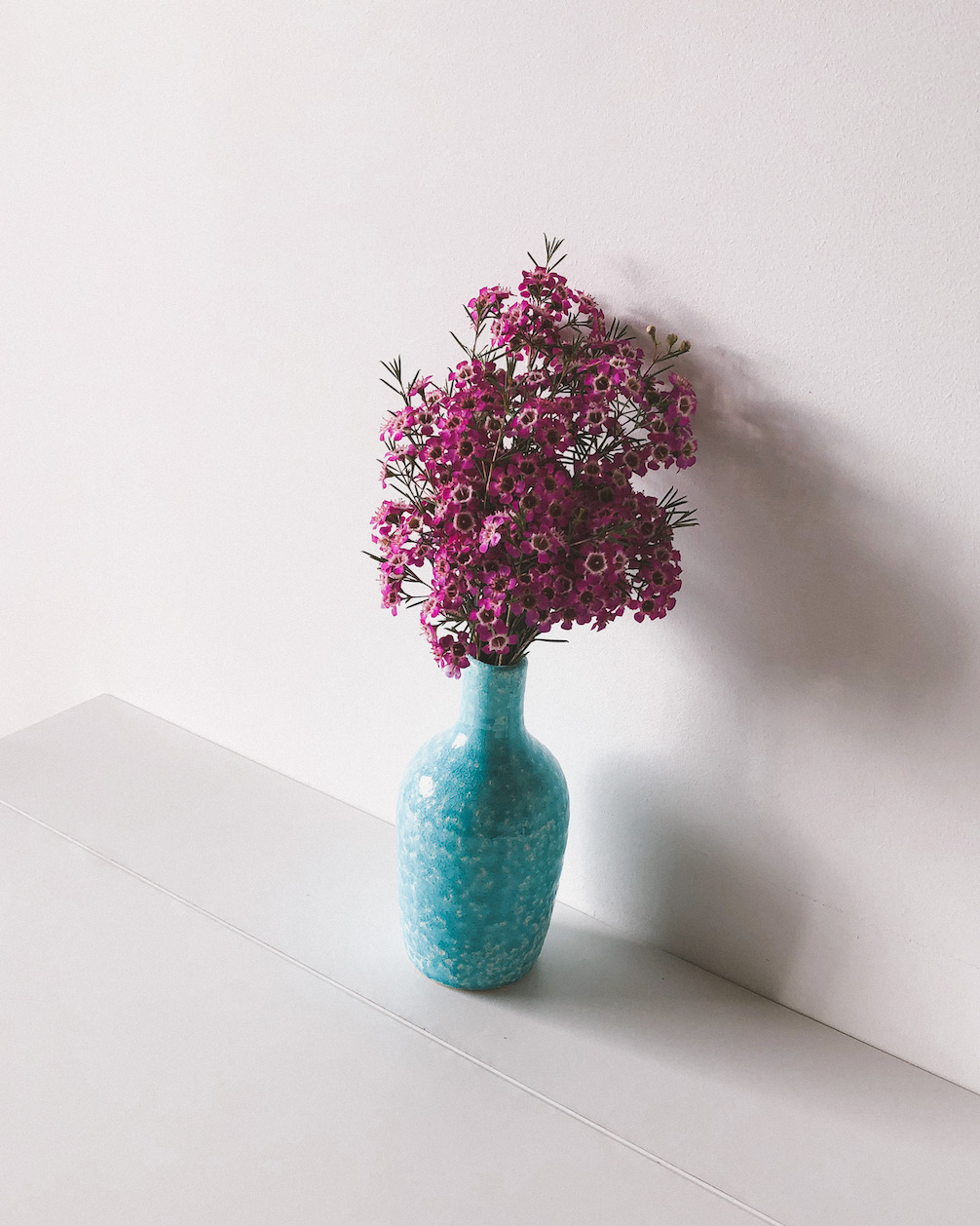In the rush of everyday life, finding a moment for spiritual reflection can seem like a luxury. However, establishing a daily spiritual practice is not just beneficial; it’s essential for maintaining spiritual and emotional equilibrium.
This practice doesn’t need to be time-consuming or complicated. It should be a personalized routine that truly resonates with your inner self and supports your overall wellbeing. Whether it involves meditation, journaling, or simply being in nature, the key is to create a practice that feels right for you and fits into your daily schedule.
Understanding Spirituality
Spirituality is a broad term that encompasses a range of practices and beliefs. At its core, it involves a sense of connection to something bigger than ourselves, and it can manifest in various forms, depending on individual beliefs and lifestyles.
Unlike organized religion, spirituality is often personalized and unstructured, shaped by individual experiences and inner journeys. It’s about finding your path to inner peace and understanding your place in the universe, which can help guide your choices and ground your day-to-day life.
The Benefits of a Daily Spiritual Practice
Integrating a spiritual routine into your daily life can transform your approach to everyday challenges, enhancing your resilience and ability to cope with stress. A consistent practice helps to clear the mind, reduce anxiety, and promote a state of peace. It can also improve your concentration and emotional stability, making you less reactive to negative situations.
Over time, these moments of spiritual engagement contribute to significant personal growth and a deeper understanding of your own mental and emotional landscapes.
Core Elements of a Daily Spiritual Practice
Consistency
The foundation of any effective spiritual practice is consistency. It’s about dedicating a specific time each day to your spiritual activities, creating a habitual space for these practices. This regularity helps to cultivate a sacred routine that becomes a natural part of your daily life, much like eating or sleeping. The consistency of practice not only enhances its effectiveness but also strengthens your commitment to your spiritual journey.
Sacred Space
Your spiritual practice should have a designated space. This doesn’t need to be a large or specially outfitted area; even a small corner of your room or a particular chair can serve as your sacred space. The key is that it should be a place where you can go to disconnect from daily stresses and connect with your spiritual self. This physical space can also be complemented by a mental space that you cultivate through practices like meditation or deep breathing.
Mindfulness and Meditation
Mindfulness and meditation are pillars of many spiritual practices. They involve focusing the mind on the present moment, often through guided thoughts or focused breathing. This can help reduce stress, enhance emotional health, and improve overall wellbeing. These practices don’t have to be lengthy; even a few minutes each day can be beneficial.
Reflective Practices
Journaling, using tarot cards, or consulting the I Ching can be powerful ways to reflect on your day, make decisions, and understand your life path more clearly. These tools allow for self-reflection and can provide insights that are not immediately apparent through introspection alone.

Different Practices for Different Goals
Each spiritual practice serves a unique purpose, and different techniques can be used to achieve various spiritual and emotional states. It’s important to choose practices that align with your personal goals.
Inner Peace
For those seeking calm in the chaos of daily life, meditation, deep breathing exercises, and mindfulness are ideal. These practices help in managing anxiety and stress, fostering a sense of inner peace.
Energy and Vitality
If your goal is to enhance physical and spiritual energy, movement-based practices like yoga and tai chi are beneficial. They combine physical activity with meditative focus, improving both physical health and spiritual wellbeing.
Connection with Nature
Engaging with the environment can be a profound spiritual experience. Simple activities like walking in a park, gardening, or even caring for house plants can help strengthen your connection to the natural world, grounding you in the present moment and providing a unique type of tranquility.
Spiritual Enlightenment
For those on a path to deeper spiritual understanding, studying spiritual texts, attending workshops, or engaging in community rituals can be enriching. These activities provide greater insight into spiritual doctrines and offer communal support.
Magickal Practices
Exploring magickal practices can be a transformative aspect of your spiritual journey. Simple rituals, creating personal talismans, or using symbolic objects in daily routines can enhance your spiritual connection and personal empowerment.
Incorporating Spirituality into Everyday Life
Incorporating spiritual practices into your daily routine doesn’t have to be a daunting task. The goal is to weave these practices into your day so seamlessly that they become a natural part of your life, enriching your everyday experiences without overwhelming them.
Morning Routines
Starting your day with a spiritual practice can set a positive tone for the hours to follow. This might include meditation, a few yoga poses, or a short prayer or chant, depending on your personal beliefs. The key is to engage in these activities consistently each morning to establish a rhythm that resonates with your spiritual needs.
Small Rituals During the Day
To maintain a spiritual connection throughout the day, integrate small rituals that help center your thoughts and emotions. This could be as simple as a short moment of gratitude before meals, a brief meditation session during a work break, or a few deep, mindful breaths when you find a quiet moment. These practices can help stabilize your mood and bring a sense of peace and presence into your daily activities.
Evening Reflections
End your day with a reflective practice that allows you to consider what you’ve experienced and prepare spiritually for the next day. Journaling about your thoughts and emotions, or perhaps reviewing tarot cards about your day’s journey, can provide insights and closure, ensuring that you maintain a strong connection to your spiritual path.
Troubleshooting Common Challenges
Adopting and maintaining a daily spiritual practice is not without its challenges. However, these obstacles are often opportunities for deeper learning and adaptation.
Overcoming Skepticism
It’s natural to be skeptical about new practices, especially those that require introspection and self-trust. To move past skepticism, start with practices that have tangible elements, such as yoga or meditation, which provide immediate feedback in the form of physical or emotional relief. As these benefits become more evident, the value of these practices will too.
Adjusting Practices as Needs Evolve
Your spiritual needs will change as your life circumstances do. It’s important to remain flexible and willing to adjust your practices accordingly. If a practice no longer suits your needs, consider exploring other options that might be more aligned with your current life phase. This adaptability is key to maintaining a relevant and supportive spiritual practice.
Dealing with Distractions and Maintaining Focus
Distractions are a common issue, especially when trying to establish a new routine. To combat this, set a specific time and place for your spiritual practices, and gradually build a ritual around them that signals to your mind it’s time to focus. As these elements become a consistent part of your routine, distractions will likely lessen and focusing will become easier.
Creating a daily spiritual practice is a deeply personal journey that varies from one individual to another. What is most important is that you find practices that resonate with you and support your wellbeing. This process requires patience, experimentation, and an open mind. As you continue on this path, you’ll discover not only what feels right but also what enriches your life in truly meaningful ways.
















